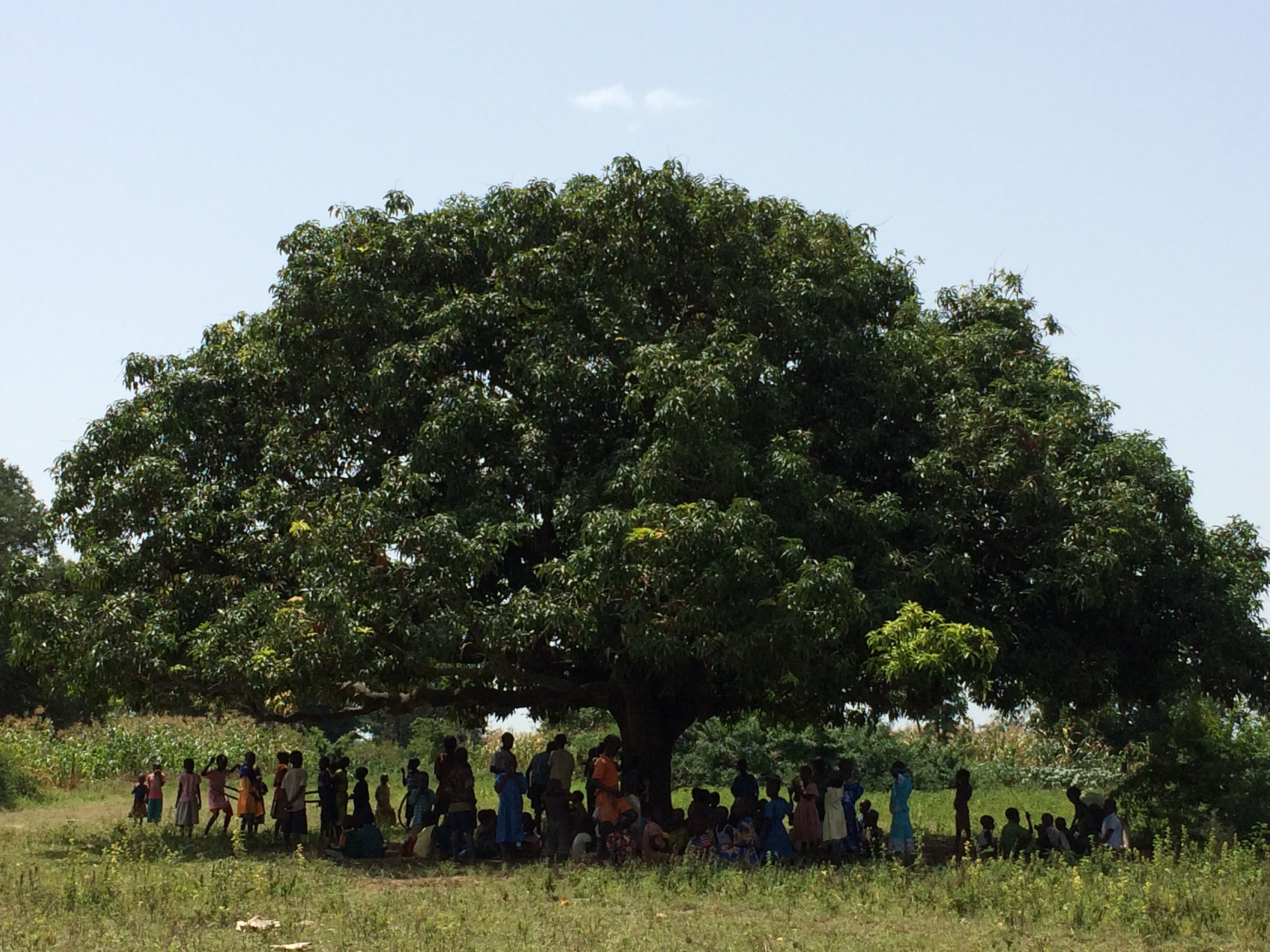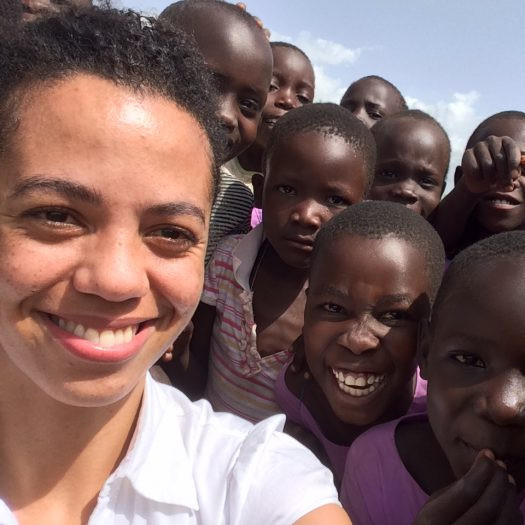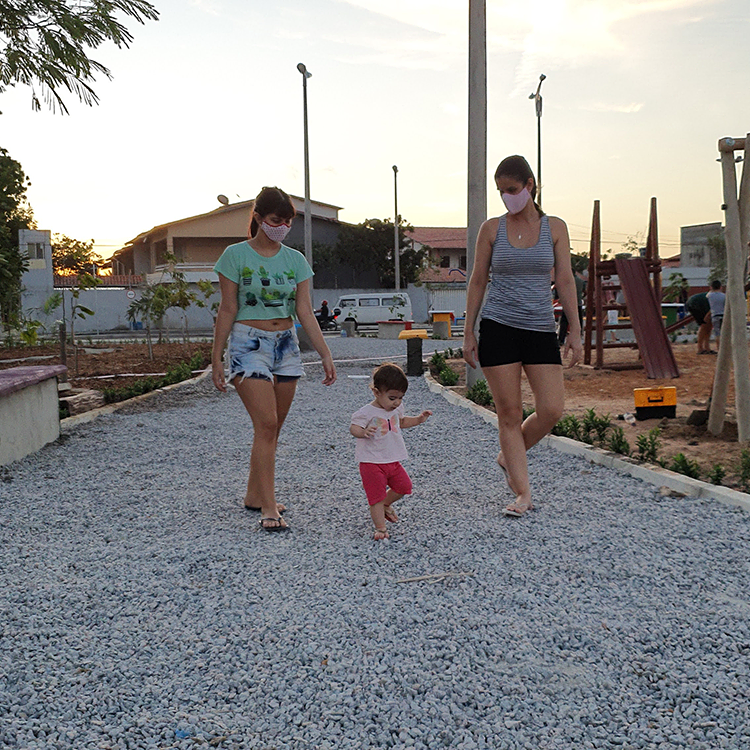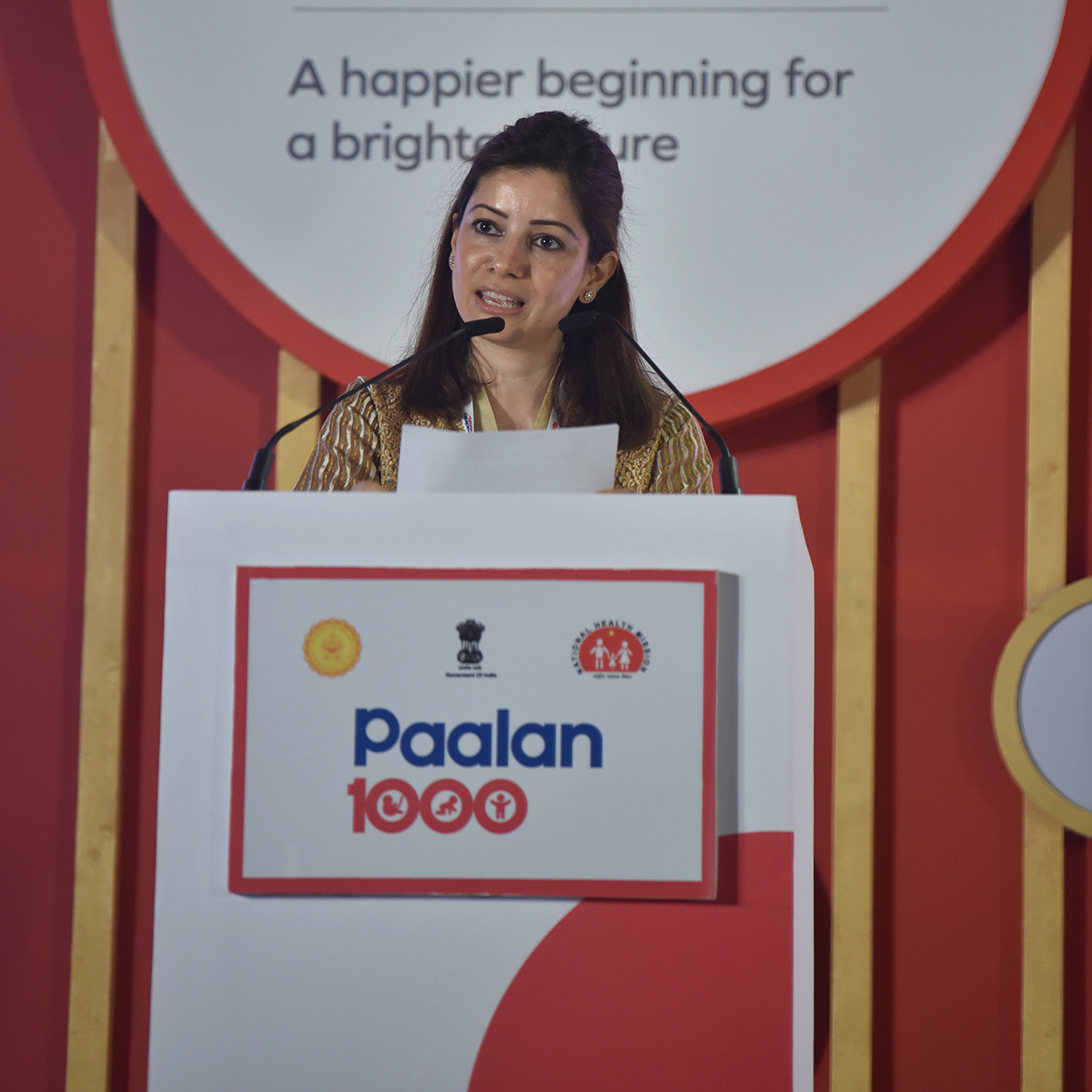 On a recent trip to Uganda I had the privilege of visiting Kumi district, in the east of the country. Kumi is one of three districts in Uganda where the Bernard van Leer Foundation is supporting Early Steps, a project run by the Private Sector Foundation Uganda where communities have formed village savings and loans groups. Willing community members come together once a week to save, take out loans, and repay these loans with interest. The groups are self-managed, and members invest the additional income as they choose.
On a recent trip to Uganda I had the privilege of visiting Kumi district, in the east of the country. Kumi is one of three districts in Uganda where the Bernard van Leer Foundation is supporting Early Steps, a project run by the Private Sector Foundation Uganda where communities have formed village savings and loans groups. Willing community members come together once a week to save, take out loans, and repay these loans with interest. The groups are self-managed, and members invest the additional income as they choose.
I was given a rapturous reception; for the short period that the project has been running to date, it has made a big impact on people’s wellbeing and they were eager to share their stories through singing and dance. VSLA members in the communities that I met are using the additional income to invest in a variety of areas including seeds and livestock, providing milk or eggs or vegetables to sell and consume, medical care for their children, and small businesses such as selling solar-generated power.
Members also invest heavily in their children’s education, and because this is ‘Early Steps’, this begins early! VSLA members have been encouraged to support a community member to care for their young children for part of the day, often on land that has been donated by one of the members. This has made a substantial difference to the working patterns of the parents, who can now leave their children in a safe environment with a trusted adult and focus on their work. Many reflected that this has brought them peace of mind, while increasing productivity and decreasing conflict within families.


For the children, their enjoyment in coming together was evident. However, the quality of their surroundings and play materials varied substantially, and a number of the caregivers acknowledged that their ability to nurture their young charges has been greatly helped by training on the special care that young minds need to develop and grow. Some of the groups of savers I met were using their resources to provide a meal for their children during their time at the community group.
Fathers are a big part of Early Steps; those who participate in VSLAs have formed Responsible Fatherhood Clubs, where they discuss issues of domestic violence. They are responsible for educating their peers on managing conflict without violence and mediating in cases of domestic violence. Many of the communities I visited performed dramas to illustrate the impact that these fatherhood clubs had on decreasing levels of domestic violence and increasing fathers’ involvement in children’s lives.
The changes evidenced by small amounts of resources in these communities were inspiring. What is exciting about the work is that it is theoretically self-sustaining, given that it is the VSLAs at its heart which have generated much of the momentum for change. Time will tell if this is the case – PSFU is working hard to make it so.





